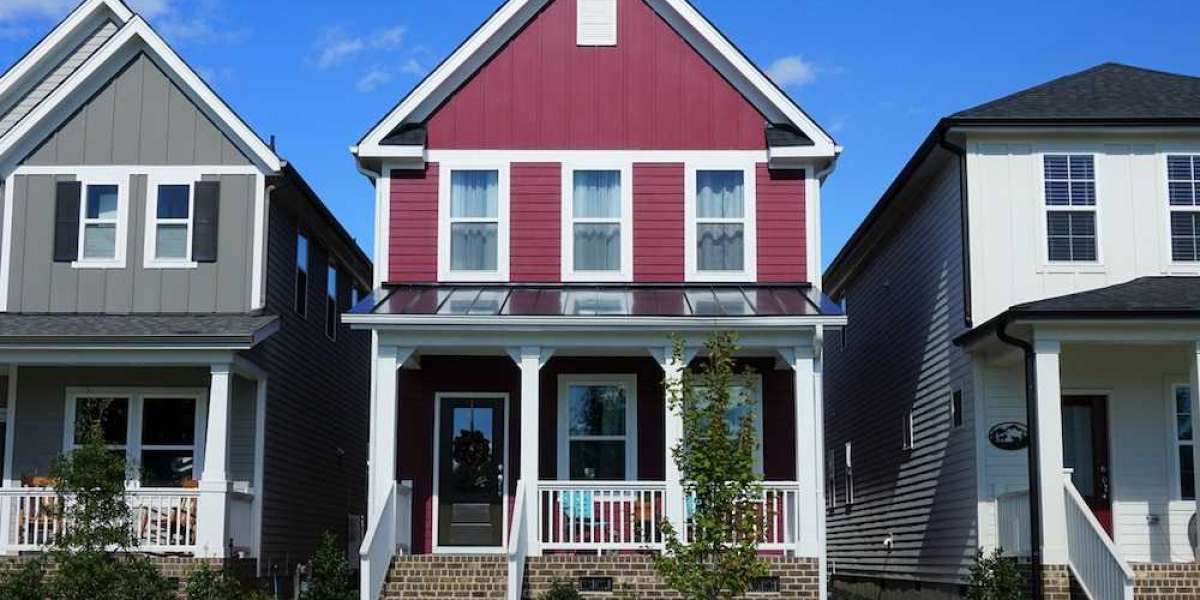Sober Living is a community-like residence that helps individuals with addiction recover. These homes are often a bridge between drug rehab programs and mainstream society.
During recovery, it is important to remove yourself from the environment that originally drove your addiction. This will help prevent triggers that can cause a relapse.
Improved Mental Health
A major part of recovery is finding a new way to cope with your stressors. Sober living offers you a place to develop new coping skills and a support network for when you return home. In addition, being in a sober environment allows you to meet other people who are working through the same struggles you are and realize that you are not alone, which is incredibly healing.
Being sober also improves your memory, so you can take in more information and stay on top of important tasks. This can help you in your career, relationships and general well-being.
Substance abuse negatively affects individuals, their families and their communities. It can cause serious health issues such as liver damage and heart disease. It can also have a negative impact on mental health, causing depression and anxiety. Fortunately, with the right treatment program and lifestyle changes, you can improve your sobriety and increase your quality of life.
Getting Back to a Normal Life
After completing a substance abuse treatment program, some people struggle to get back to living a “normal” life. One of the best ways to do this is by moving into a sober living home.
These homes, such as Turnbridge, are specifically designed for those who have finished treatment but aren’t yet ready to live independently. They help individuals to work on daily tasks, such as getting a job and cooking meals, while providing a supportive environment and ongoing clinical care.
Many sober living houses also encourage residents to support each other, and as a result, most develop meaningful friendships that last for years. Studies have shown that these friendships are a crucial component of long-term recovery success.
By living in a sober living home, you will re-learn how to balance your life and prioritize important obligations like eating healthy, exercising, going to meetings, and maintaining a clean home. These are skills you will carry with you throughout your lifetime.
Having a Support System
Having a support system when you’re in recovery is essential. Studies have shown that people in recovery who are surrounded by supportive people are less likely to relapse.
If you have a solid support system, it’s easier to maintain your sobriety when faced with challenges, such as cravings or difficult emotions. They can help you practice your coping skills and remind you why you got sober in the first place.
When building your support network, choose carefully. Make sure that you select friends and family who are fully supportive of your recovery journey. They should also be available during the good and challenging times.
If you’re unable to form a strong support network, you may want to consider staying at a sober living home. SLHs, like Cenikor, provide a safe environment and structured schedule that helps individuals stay sober. They can also help you develop a relapse prevention plan and teach you new coping skills.








